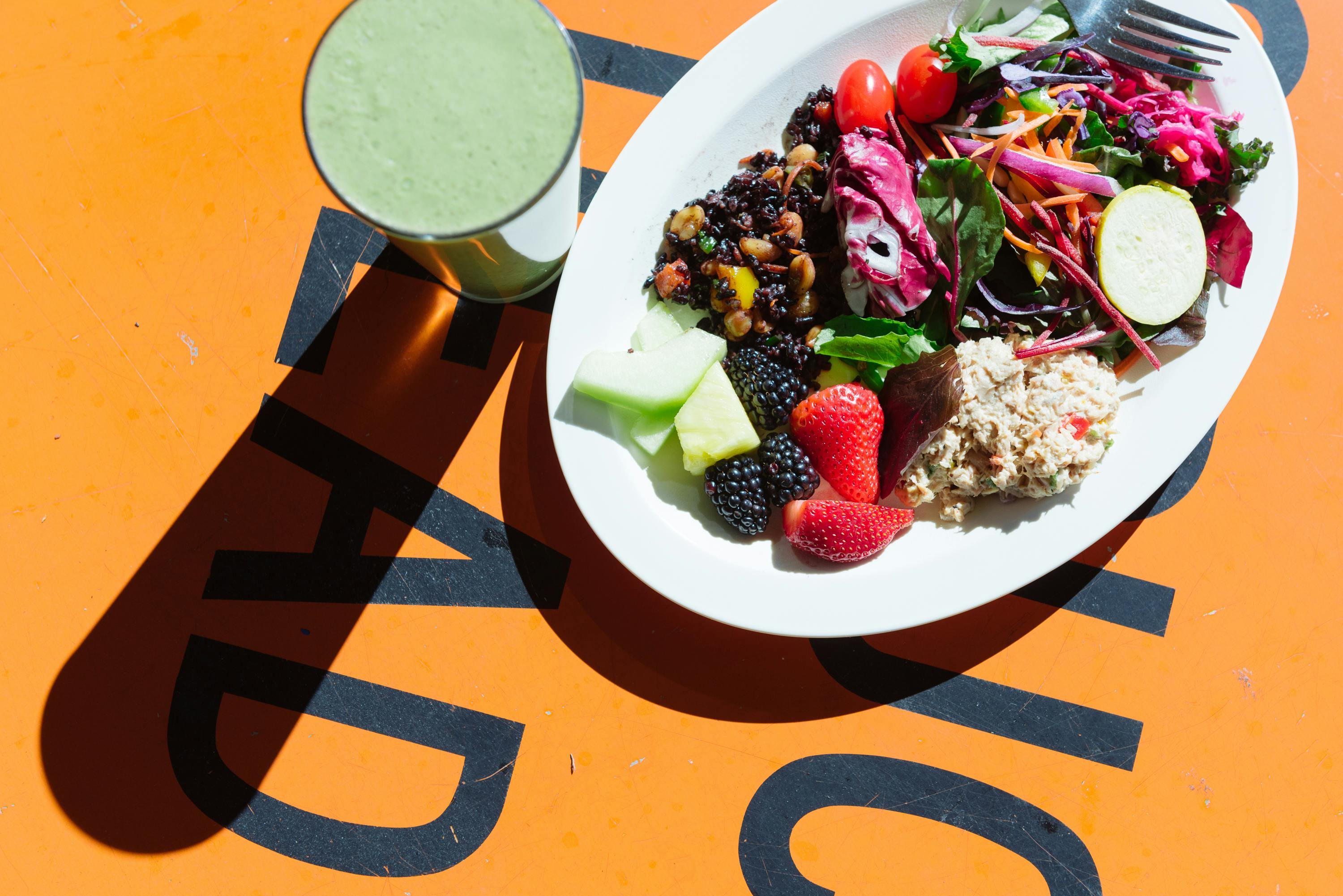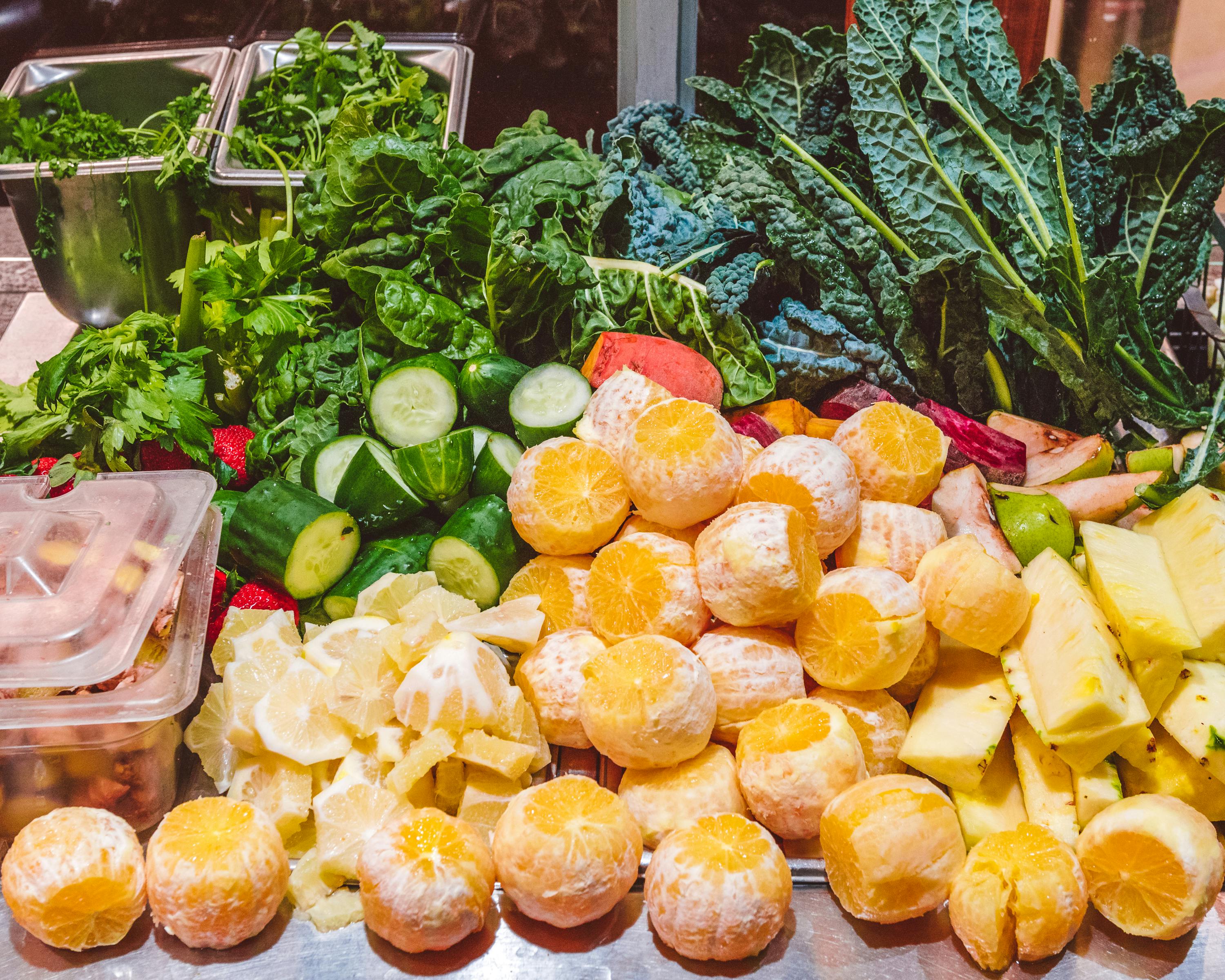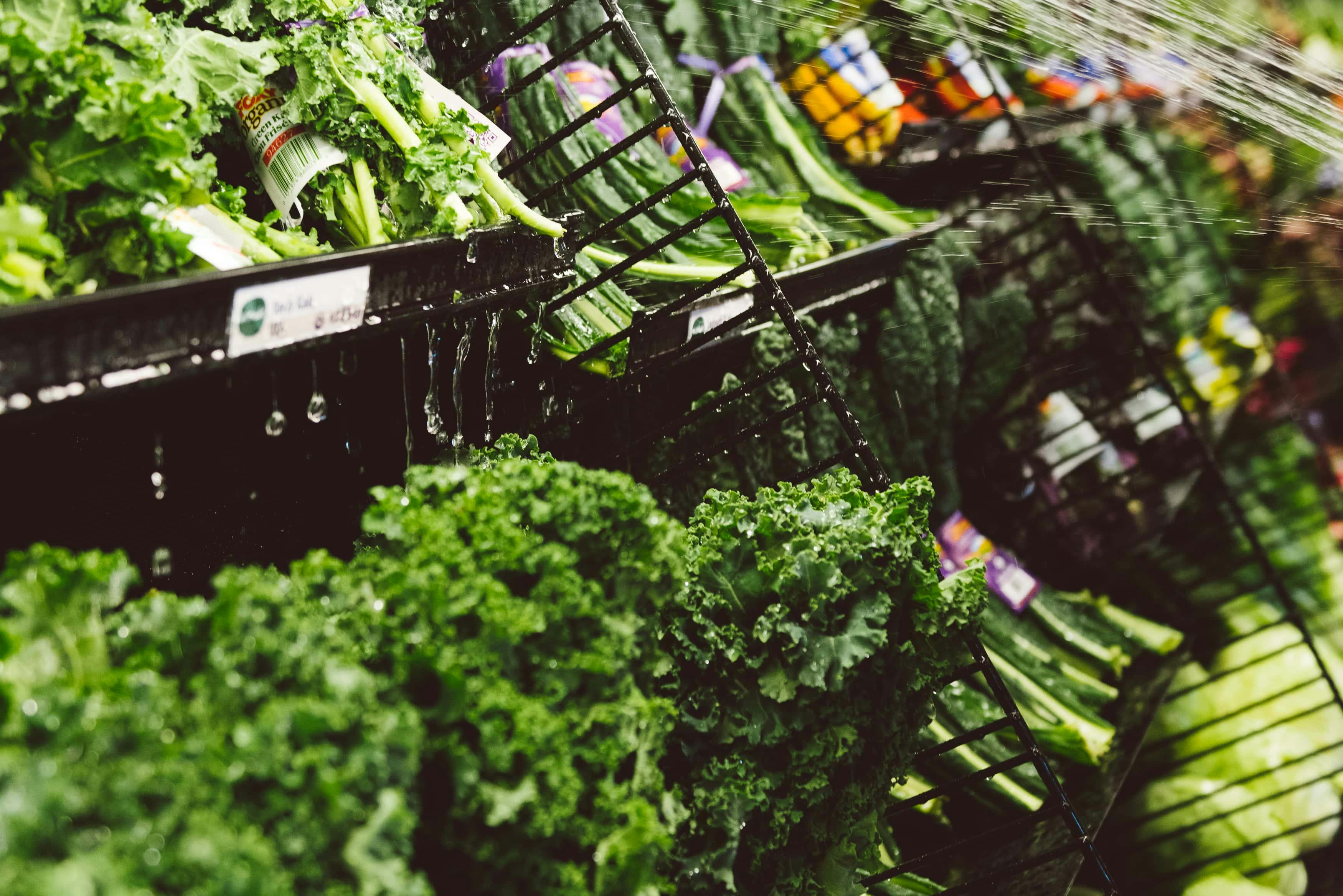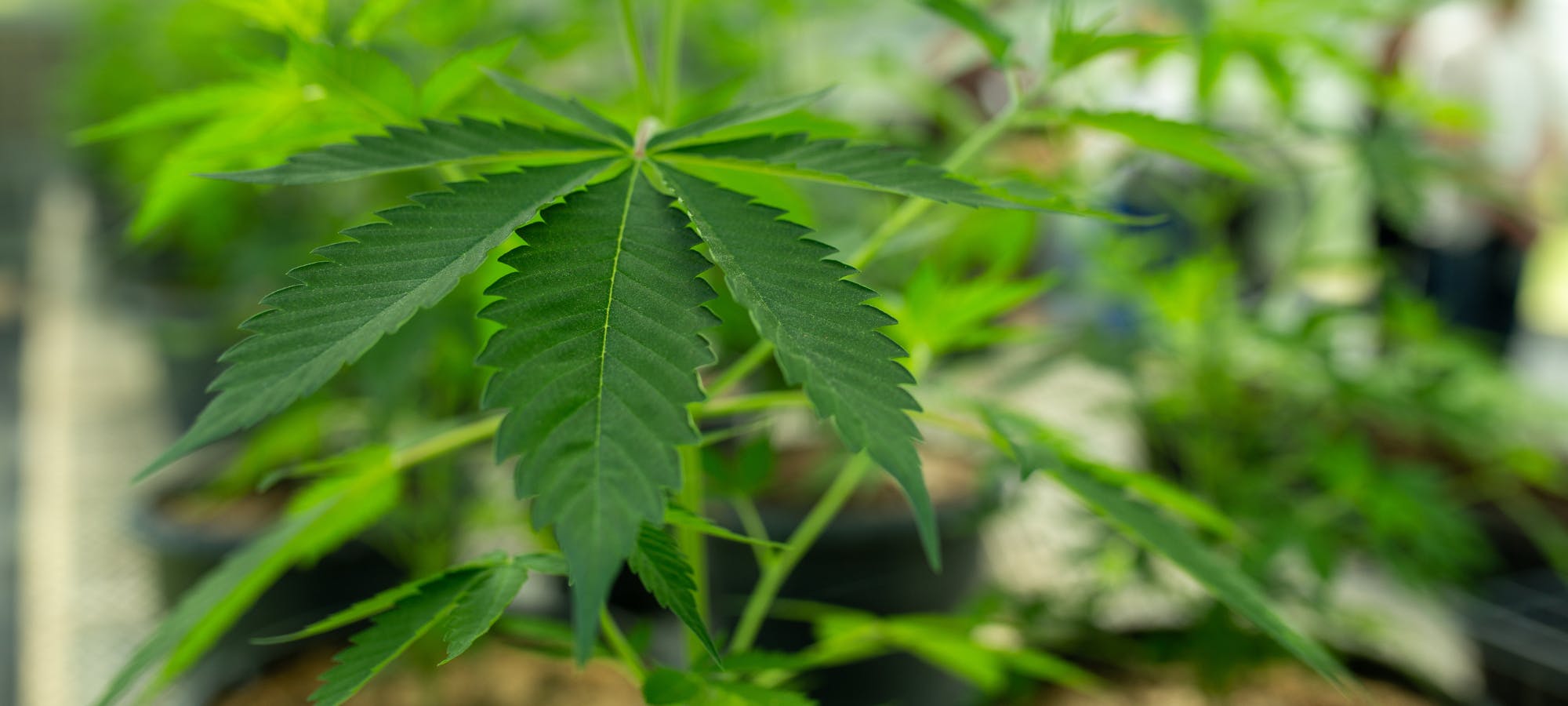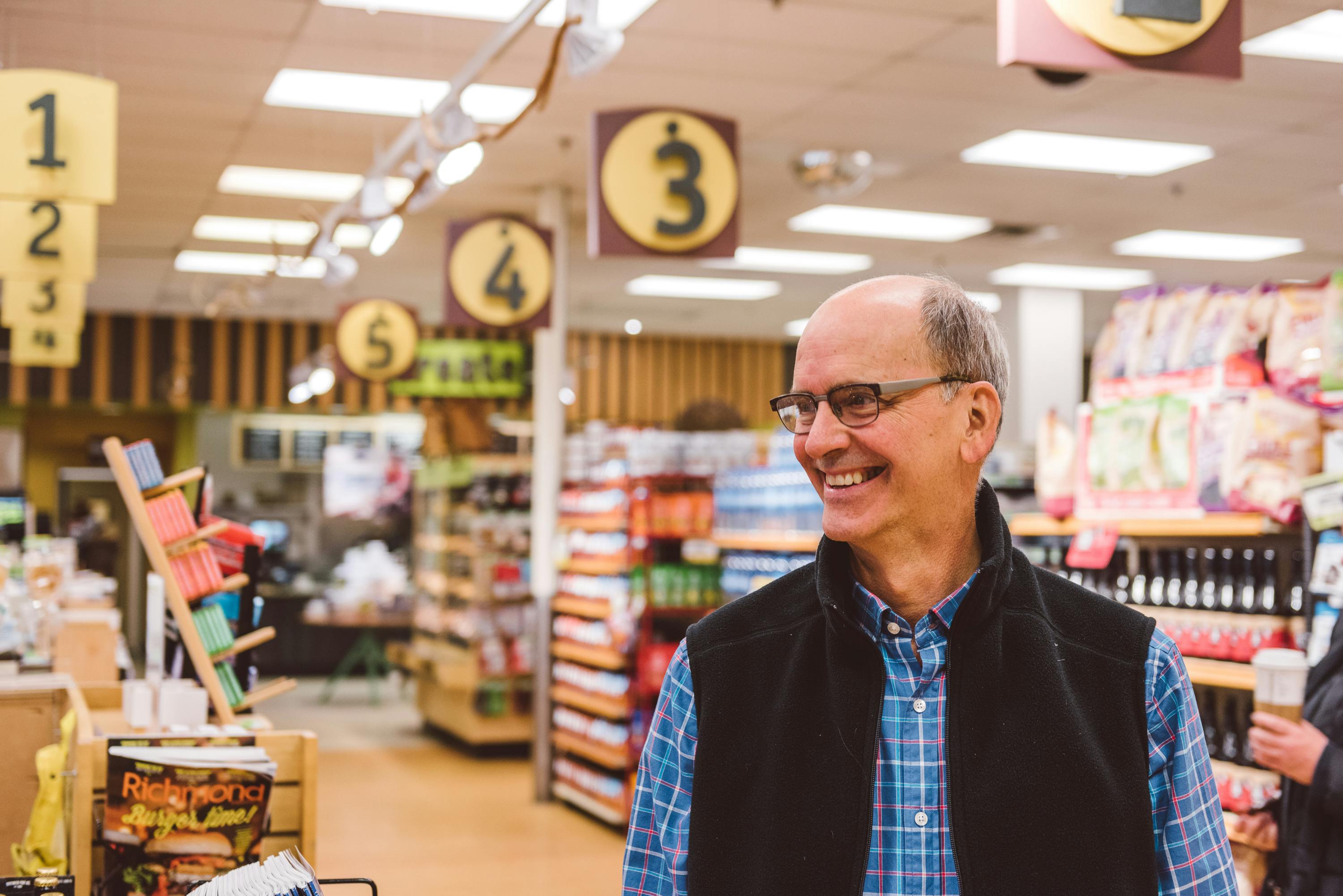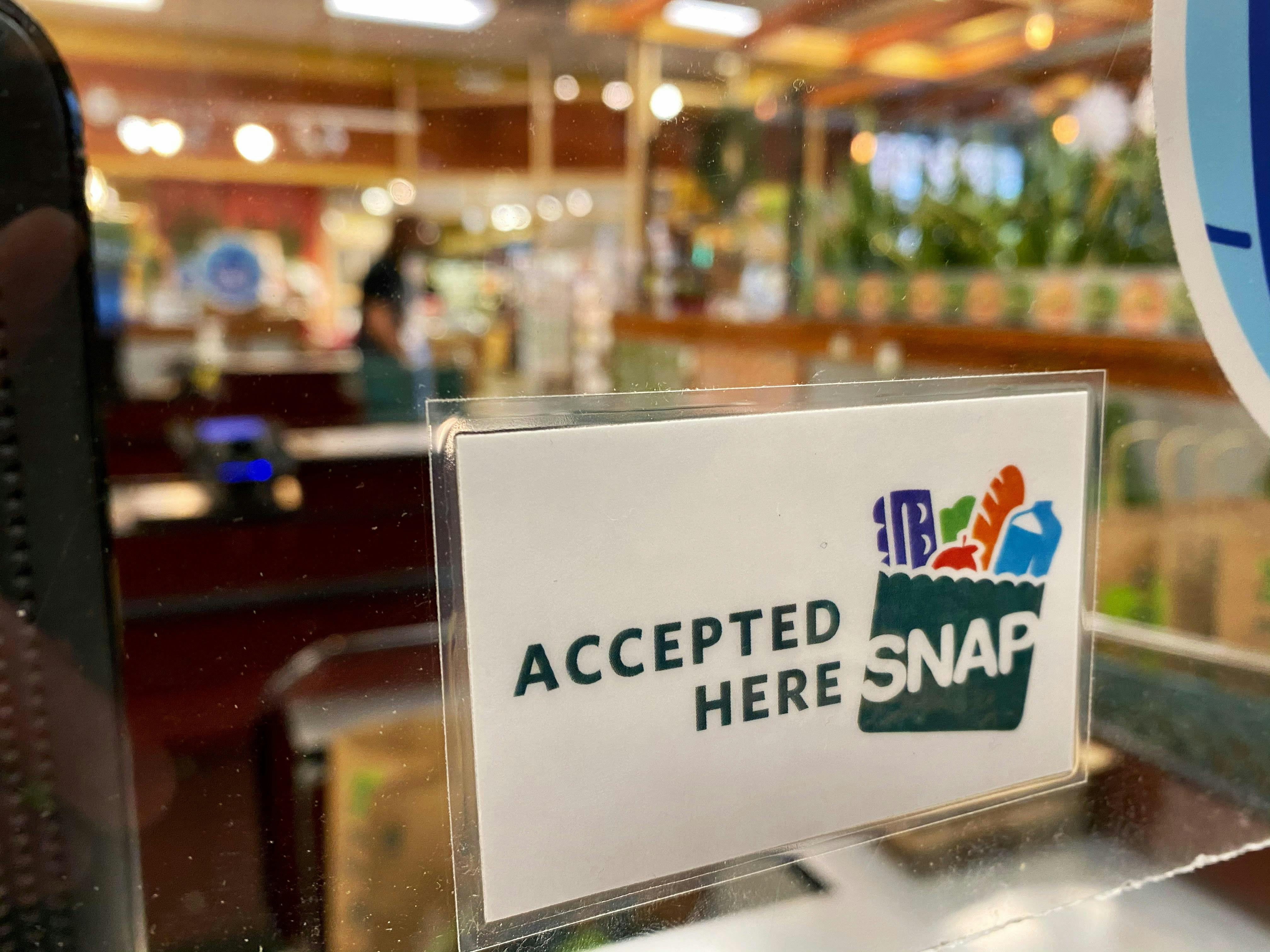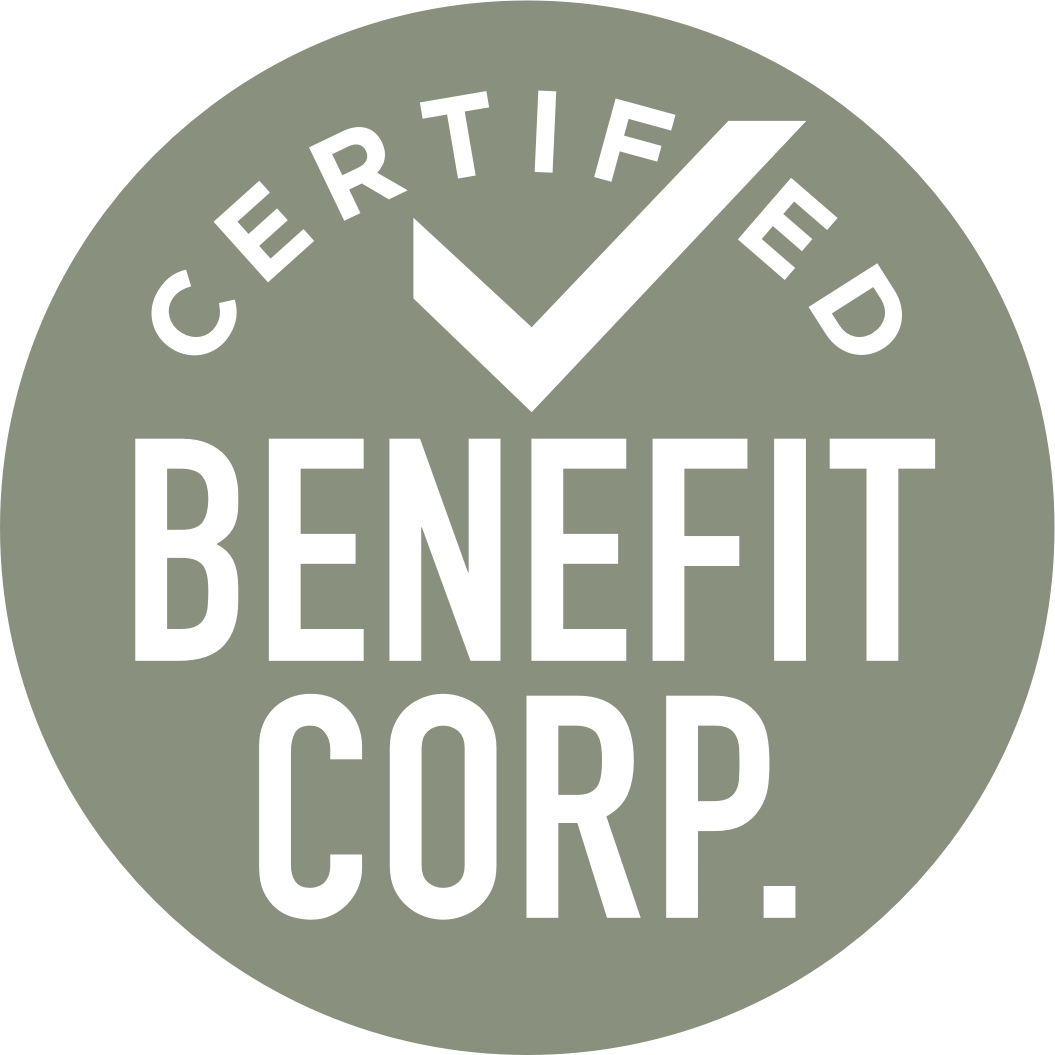
Our produce is 100% local or organic.
Our produce department is focused on consistently providing the highest quality produce and plant material to the community year round. Working with over 50 local farmers, growers, and vendors you can find anything from Asparagus to Zucchini. By focusing on relationships with small producers and growing with them we are able to offer the best, nutrient dense, most sustainably grown, locally-sourced items possible.
How We Classify Local
Our local grower ratings go a step further than simply defining our local geographic radius by clearly and transparently classifying all of our produce.
Local - Good
Family-owned farms located within a 100 miles of our store that use no spray or low spray. Farms that do use spray are stored in our records, including a list of what sprays they use.
Local - Better
Family-owned farms located within a 100 miles of our store that practice organic and/or sustainable farming methods and natural (non-chemical) based fertilizers and insect control.
Local - Best
Family-owned farms located within a 100 miles of our store that are USDA Certified Organic or Certified Naturally Grown.
Regional
Family-owned farms outside of our 100 mile radius, but within 300 miles. This includes much of Maryland, Pennsylvania, and Virginia.
Organic
When you see an organic integrity pin, know that it is only placed on items that are 100% USDA Certified Organic, no exceptions.
Certified Naturally Grown
This pin represents a grassroots alternative to certified organic. It is a non-profit organization offering certification tailored for small-scale, direct-market farmers and beekeepers using natural methods.
See a list of our local farmers here.

Hydroponics
Hydroponics is a technology for growing terrestrial plants with their roots in nutrient solutions (water with dissolved fertilizers) rather than soil. At Ellwood’s, we believe what inherently comes out of the soil, is grown under real sunlight and is exposed to rain from the sky, is nutritionally best. Hydroponic crops appear to be completely safe for consumption, however they lack the vitamins /minerals that healthy soil provides and they do not foster healthy soil.
Organic farmers like Dave Chapman who owns and runs Long Wind Farm in East Thetford, Vermont, say that eliminating soil from the process undermines the very basis of organic farming.
Absence of synthetic pesticides and fertilizers is typically what comes to mind in a casual definition of organic. Furthermore, healthy farmers point out that organic farming is rooted in practices that promote healthy soil and focus on feeding the soil rather than the plants alone. This means not only cultivating successful crops, but also fostering a healthy growing environment by enhancing biological activity within the soil.
The idea, says Chapman, is that by “maintaining a high level of life in the soil, you don’t need to use pesticides and fungicides because the plans are healthy” and can fight pests and disease more effectively.
Source: If Your Veggies Weren’t Grown in Soil, Can They be Organic? Civil Eats.
More reading: Rick Hood column: The most important ingredient in your food

